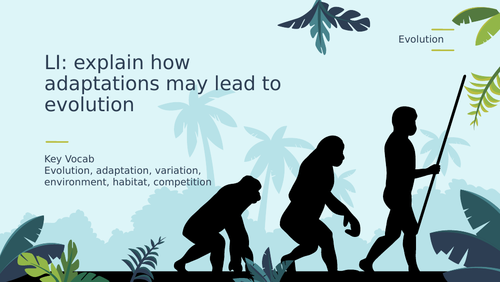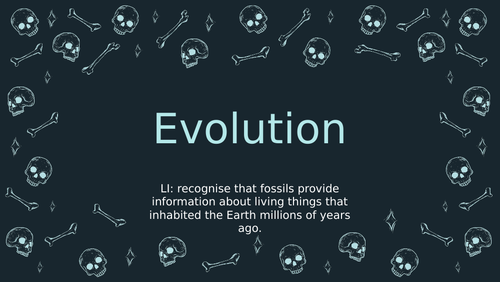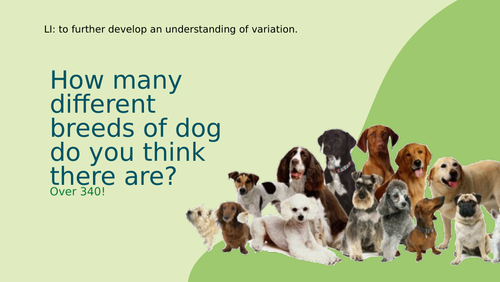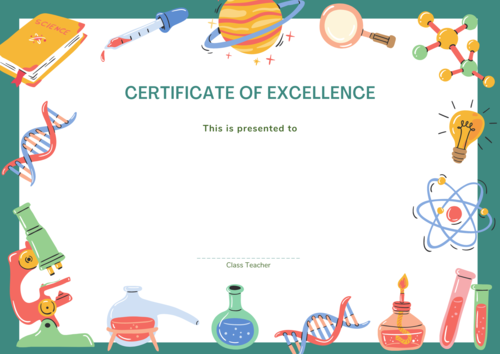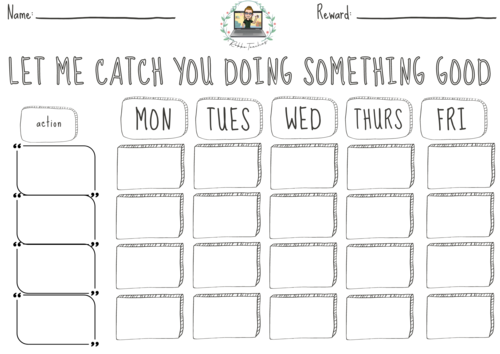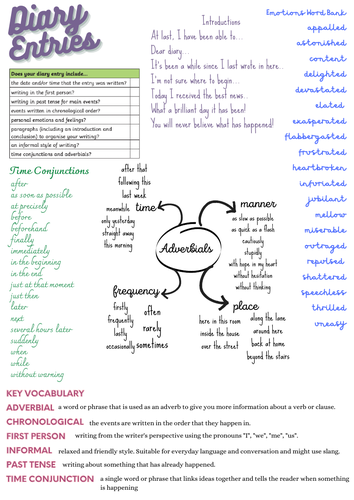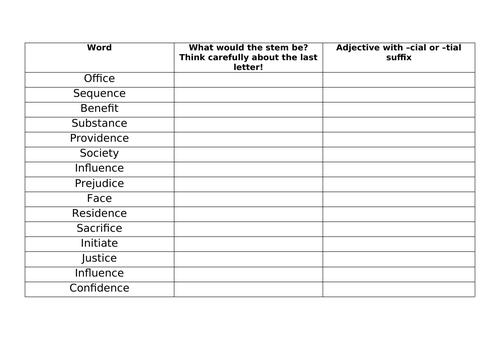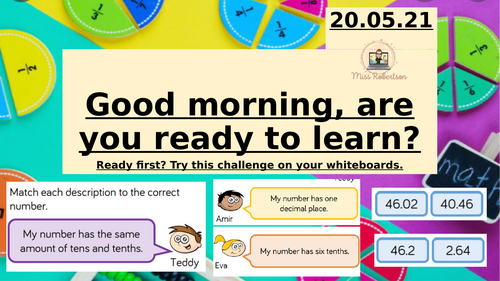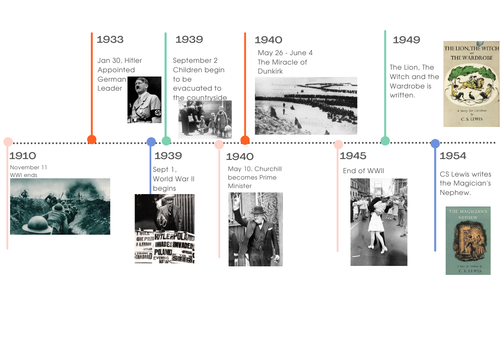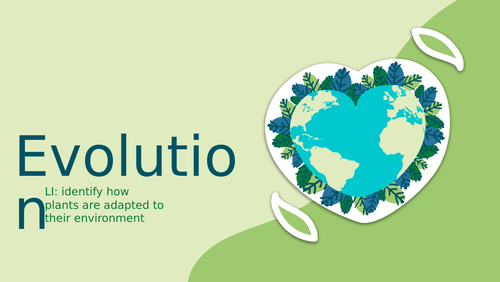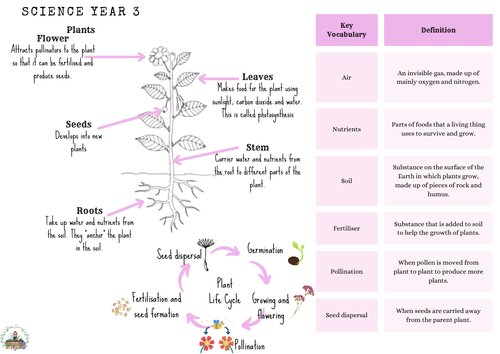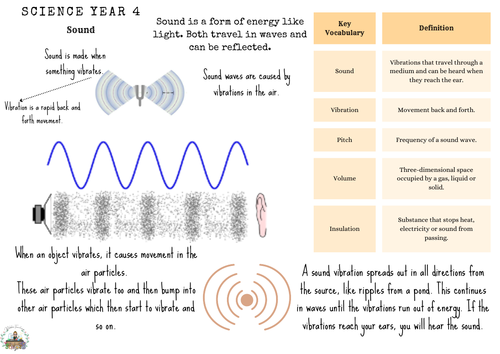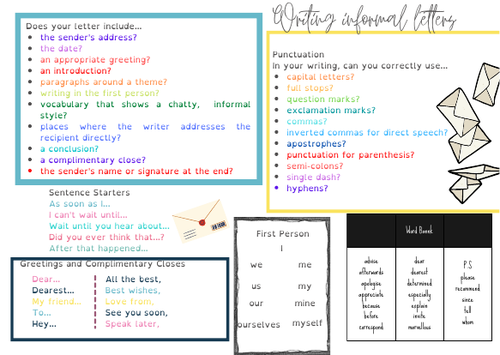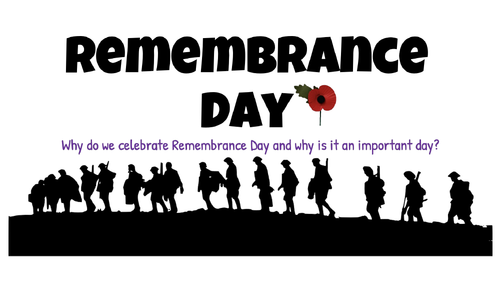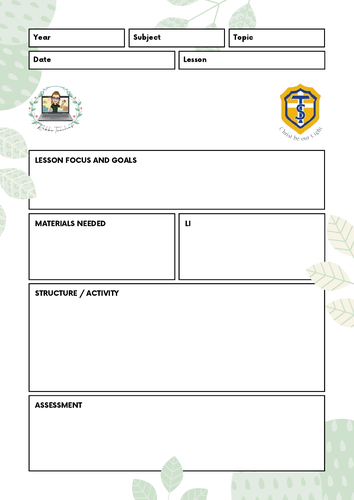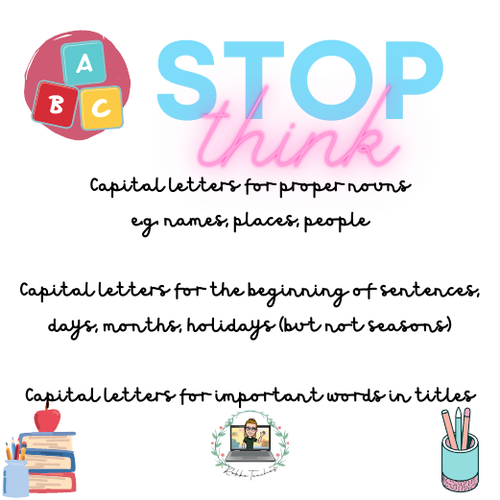51Uploads
4k+Views
301Downloads
All resources

Year 6 Science Evolution: Lesson 2 - Adaptations and Camouflage
Lesson 2 of 5 in my topic on evolution.
This again can be broken into two shorter lessons if time is an issue.
It begins with a quick whole class game of find the animal using camouflage, then an investigation into Darwin’s Moth. I then took my class outside with some coloured pencils and cut out butterfly/moth silhouettes they had to colour the paper and hide them in a natural habitat. Great one to get the children out and about before writing the impact of natural selection and adaptation on a creature.
The final task is an adaptation game of survival. This again could be adapted or the children make their own for a different climate.

Year 6 Science Evolution: Lesson 5 - Fossils
Lesson 5 of 5 on the topic of evolution.
This lesson discusses Fossils, lots of new terminology and talking points.
I cover dinosaurs, palentology, the discovery of ancient horses (my favourite animal) and we finish with an investigation “do you think evolution is still happening today?” and an observation task using images of fossils.
This could be split into several lessons if time is a factor.

Year 6 Science Evolution: Lesson 4 - Inheritance and Variation
Lesson 4 of 5 on the topic of Evolution
This is one of my favourites and we discuss how diverse and adaptable dogs are as a species. There is a missing word passage the children complete, then we discuss what happens if two different species of animals were to mate (some silly examples!) what features would the offspring have?
I use my dog as an example as she was DNA tested to show four different breeds in her ancestry, a pug, beagle, chihuahua, and american eskimo dog. All my children guessed Jack russell!
I then suggest an investigation the children can do in class or as homework, my example is of eye colour but this can be changed or voted on in small groups too.
A great fun lesson that gets the children talking!

Classroom Management: Positive Reinforcement - Behaviour Reward Chart
“Let me catch you doing something good.”
A great resource to support the praise of positive actions for children who can find “making good choices” challenging.
For those times you feel you constantly “nag”, this check-in sheet is excellent for developing relationships and working towards an agreed weekly goal.

Diary Entry Success Criteria and Knowledge Organiser
I created this to help my Year 6 class with their Diary Entry Writing.
It includes:
WORD BANKS
SENTENCE STARTERS
KEY VOCABULARY
KEY PHRASES
SUCCESS CRITERIA

Year 6 Science Evolution: Lesson 1 - Introduction to Evolution
My lesson 1 of 5 for my year 6 topic of evolution.
You will need two rolls (approx!) of toilet paper to do the time line of Earth and suggest doing it in the gym hall so it doesn’t blow away.
For the Beak experiments the ppt is editable so you can chose which utensils you have to hand that would be suitable to show the variety of Darwin’s Finches.
You will also need rice crispies or seeds for this experiment.
I tend to block out an afternoon for a new science topic for a wow day, but this could easily be split into two or even three lessons if time is an issue.
Link to google drive version if preferred
https://docs.google.com/presentation/d/18qE_c0Qw9PXngVL_RlxutSi0d6Fxlf-pvWybvEv5NzQ/edit?usp=sharing

KS2 Spellings: -cial or -tial
Quick Spelling activity for -cial or -tial suffixes.
Used in a year 6 class as a homework or as part of a lesson.

KS2 Year 6 Maths: Fractions to Decimals
LI: to correctly convert fractions to decimals,
Includes a mix of fluency, pictorial, and problem solving questions.
Used as part of an interview lesson rated outstanding.
PPT format and fully editable.

Kingdom of Benin DIY thumb piano (mbira)
Made for my year 6 class, we had great fun making these and them composing some melodies!

Lion Witch Wardrobe WWII timeline
I used this to support my teaching of a Lion Witch and Wardrobe topic, to deepen the children’s undertanding of the time when the book was written and set.

Year 6 Science Evolution: Lesson 3 - Plant Adaptations
Lesson 3 of 5 on the topic of Evolution
This lesson focuses on plant adaptation with whole class investigation questions to finish.

Year 3 Science: Plants - Knowledge Organiser
Science Knowledge Organisers covering the topic of Plants.
Two page A4 spread covering; all key topics, annotated diagrams and key vocabulary.

Year 4 Science: Sound - Knowledge Organiser
Science Knowledge Organisers covering the topic of Sound.
Two page A4 spread covering; all key topics, annotated diagrams and key vocabulary.

EYFS, KS1, KS2 Science: Experiment ideas booklet
A booklet aimed originally at EYFS with** 12 experiments** to try throughout the year. I have since used this throughout the school with different ages and abilities.
Each experiment contains: list of equipment, method, explanation of how it works, some example big thinking questions, room for personal reflection
I have found in my early career taking notes on what makes each experiment work for different cohorts helpful for future planning.

KS2 - English - Writing - Informal Letter Knowledge Organiser
Knowledge organiser to aid KS2 children in writing an informal letter.

Remembrance Assembly Play 2022
Assembly Pack for Remembrance Day, powerpoint and script for play. Embedded videos and backgrounds for scenes.

Titanic Homework Choice Board
Save time with homework planning, have children choose one or two activites each week for their homework. With a selection of tasks including writing, drawing and building. I have used these with Primary 3, 4 (Scottish Curriculum for Excellence) and Year 6 (English National Curriculum)
The work they produce is also a great way to get displays up and running with a variety of pieces.

Cover lesson planner template
Template I print and write my expectations. and planning for lessons that will be covered by external or alternative staff.

Capital Letters Table/book Reminder
I have used this Capital Letters reminder across a wide variety of ages and abilities, printed as a small prompt in either their books or on their tabletops.

